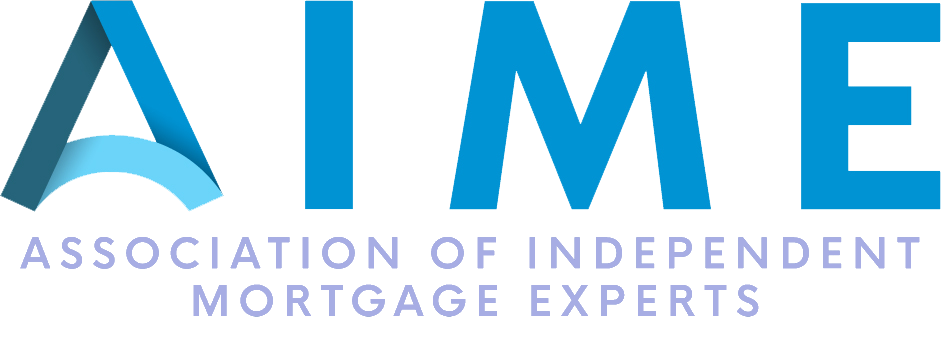Conventional Loan Requirements in Colorado
Qualifying for a conventional loan in Colorado means proving you meet the Fannie Mae or Freddie Mac guidelines. The guidelines are flexible enough to make it achievable but strict enough to keep the default rate low since there’s no government guarantee.
Below are the guidelines most lenders use, but each situation is on a case-by-case basis, so let’s talk even if you don’t think you meet the requirements.
Conventional Loan Credit Score Requirements
The credit score is where conventional loans vary the most from government loan programs. Lenders want ‘good’ credit scores. What signifies good varies by lender, but on average, you’ll need a 660 or higher.
If you aren’t sure what your credit score is or what your credit history looks like, pull your credit report here. This report won’t provide your credit score, but it’s a detailed listing of your credit history. Check your report to see if there’s anything you need to fix. Look for things like:
- Late payments
- Overextended credit (try to keep your credit balances at 30% or less of your credit lines)
- Unpaid collections
- Short credit history
Do what you can to fix your credit history before applying for a mortgage. You’ll increase your chances of having a higher credit score and securing conventional loan approval.
Debt-to-Income Ratio Requirements
Next to your credit score, lenders look closely at your debt-to-income ratio. Conventional loans have two housing payment requirements – the front-end and back-end ratio.
- Front-end ratio – This is your housing ratio or how much of your income the housing payment takes up. Ideally, it shouldn’t be more than 28 percent of your income before taxes. This includes your principal, interest, real estate taxes, homeowner’s insurance, and PMI (if applicable).
- Back-end ratio – This is your total debt ratio or the comparison of your total debts to your gross monthly income. Lenders include only the debts reporting on your credit report, such as minimum credit card payments, car loans, student loans, installment loans, and the new housing payment. The back-end ratio should be around 36 percent or less.
Down Payment Requirements
Because there’s no government backing, conventional lenders require at least a 5 percent down payment, but this varies by situation as some situations require a higher down payment. Here are a few examples:
- Buying a multi-unit property
- Buying a second home
- Buying an investment home
If you put less than 20 percent down on the home, you’ll pay Private Mortgage Insurance. Unlike government-backed loans, each borrower pays a different amount. The amount you pay depends on your credit score and the loan-to-value ratio. The lower your credit score and the less you put down, the higher the PMI.
Unlike government loans, though, you can cancel PMI when you owe less than 80 percent of the home’s value. Your amortization table shows when that will occur. But, if you make extra payments and/or the home appreciates faster than anticipated, you may cancel the insurance even sooner.
You don’t have to refinance to cancel the PMI; you just request cancelation from the lender. If you made your payments on time and can prove you owe less than 80 percent of the home’s value, they cancel it (sometimes this requires another appraisal).
Conventional Loan Amount Requirements
Conventional loan limits change annually. In 2020, conventional borrowers can secure loans up to $510,400 except in certain high-cost areas of Colorado, including Garfield, Eagle, and Park County which have maximum loan limits ranging up to $765,600.
Owner Occupancy Requirements
Unlike government loans, borrowers don’t have to reside in the home full-time for conventional loan financing. You may use the funds to buy your owner-occupied home as well as a vacation home or an investment home.
Lenders look at the big picture, though. If you buy a second or investment home, you must qualify for the new mortgage along with the mortgage on your current home, if you have one. The total debt ratio takes all of this into consideration, ensuring you aren’t putting yourself in a situation that you can’t afford.
Appraisal
Like most loans, you need an appraisal for conventional financing in Colorado. The appraisal must prove the home is a reasonable risk and is worth at least as much as you agreed to pay. Lenders base your loan amount on the appraised value, not the sales price.
If the home appraises for less than your official bid, use it to get the seller to lower the price. If the seller doesn’t agree, you must come up with the difference in cash if you still want to buy the home.
Appraisers also look at the condition of the home. They look for obvious issues that may affect the home’s value, such as water damage, pest damage, or safety hazards. If they notice anything that affects the value, they’ll use it in the valuation, plus they may suggest a professional inspection for further input on the home’s condition.
Conventional loans have less stringent appraisal requirements than government-backed loans, which is another advantage to finding a way to qualify for this financing option.
Do you Qualify for a Conventional Loan?
Conventional loans make up more than half of the loan financing in Colorado. It’s the most attractive financing since you don’t pay mortgage insurance for the life of the loan. You’ll need decent credit, enough income to cover your debts, the new housing payment, and have money left over, plus a suitable appraisal.
I’ve worked with conventional loan financing for many years and have seen borrowers in many situations get approved. Let’s discuss your situation and see if you’re a good fit for this great loan program that makes buying a home simple and affordable.

